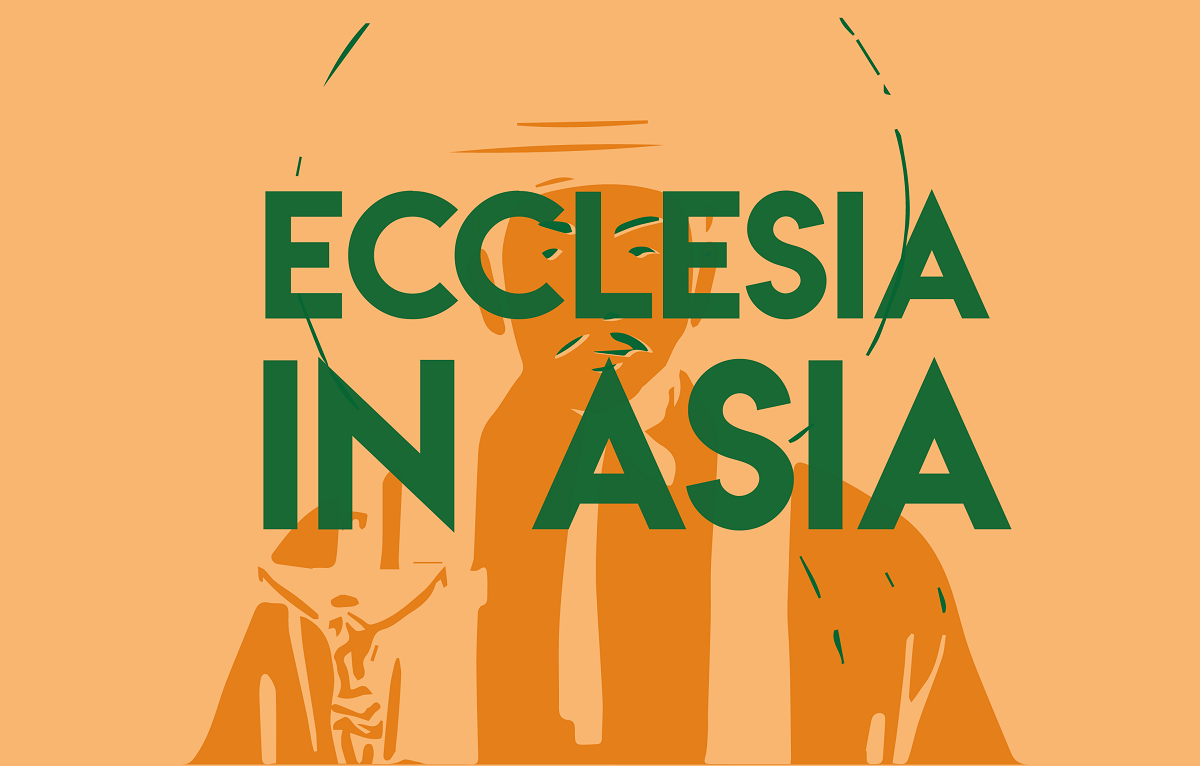Catholic Church’s Bible Week starts in South Korea
This year marks the fortieth anniversary of the initiative by local Catholic communities dedicating the last Sunday of the liturgical year to the relationship between the faithful and Sacred Scripture. According to some statistics, 36 per cent of Catholics regularly read and meditate on the Bible (half the rate of Protestants). South Korean dioceses offer many online programmes, catering to young people as well as senior citizens.
Seoul (AsiaNews/Agencies) – For 40 years, the Korean Church has set aside the last week of the liturgical year, which this year falls from 23 to 29 November, as Bible Week to encourage the faithful to draw more frequently from the Word of God in their daily lives.
To mark this occasion, the Korean Catholic weekly Catholic Times published an in-depth study about the relationship between local Catholics and Sacred Scripture.
Based on data from recent surveys, the study show that while 62 per cent of Protestants regularly read and meditate on the Bible, while only 36 per cent of Catholics do the same.
The difference is also evident in reading time. Excluding Mass and other celebrations, Catholics spend 38.9 minutes a week reading the Bible, while Protestants read the Bible for 64.4 minutes a week.
The difference is even more striking when considering that daily prayer time is almost the same: 25.3 minutes for Catholics and 24 minutes for Protestants.
Stressing the importance for everyone to approach the biblical text, the Catholic Times cites a series of initiatives implemented by the Catholic Church in South Korea to help the faithful become more familiar with the Word of God.
First, there is the Lectio Divina method, held regularly in many parishes, with its four-step method: reading a biblical text, meditating on its content, prayer, and contemplation.
Another proposal is the Forty Weeks with the Bible programme, divided into parts, to read the New and Old Testaments in 40 weeks, with guidance and lessons on the texts read.
The Youth Bible Society, active in many parishes, promotes small group meetings based on various courses – Genesis, Exodus, Mark, and John – to read and share the Bible.
However, in an increasingly ageing society, many parishes are also opening Bible courses for senior citizens to help them meaningfully experience the journey of old age.
Overall, there is no shortage of online courses in a country like South Korea.
The Diocese of Suwon, for example, offers a full-fledged online school at cyberbible.casuwon.or.kr, structured into starting courses, general courses, and junior courses taught by various instructors, including priests and religious from across the country.
The Archdiocese of Daegu has made videos of the Forty Weeks of Online Bible Reading with the Bishops, prepared in 2021, available on its YouTube channel. The Daughters of St. Paul also offer Bible study courses at uus.pauline.or.kr, with materials sent by mail or online; registration opens in November. The Archdiocese of Seoul offers a regular, three-year course and one sharing group in which young people and workers study a book of the New Testament each year in each parish.
ECCLESIA IN ASIA IS THE ASIANEWS NEWSLETTER DEDICATED TO CHRISTIAN COMMUNITIES IN ASIA. WOULD YOU LIKE TO RECEIVE IT EVERY SUNDAY? TO SUBSCRIBE, CLICK HERE.
12/02/2016 15:14
11/11/2022 14:37







.png)










